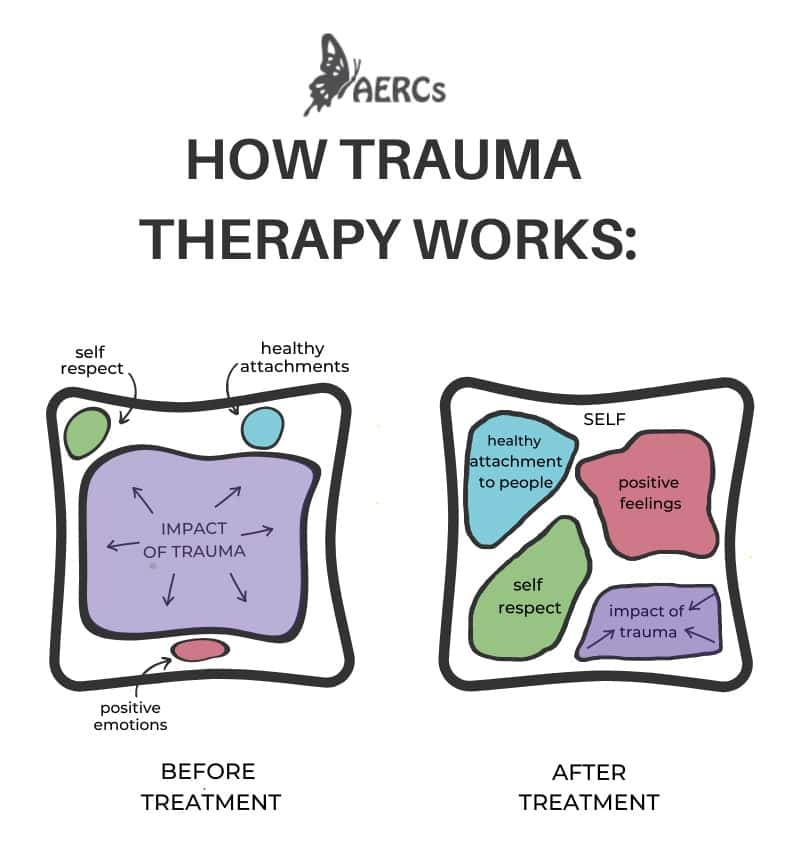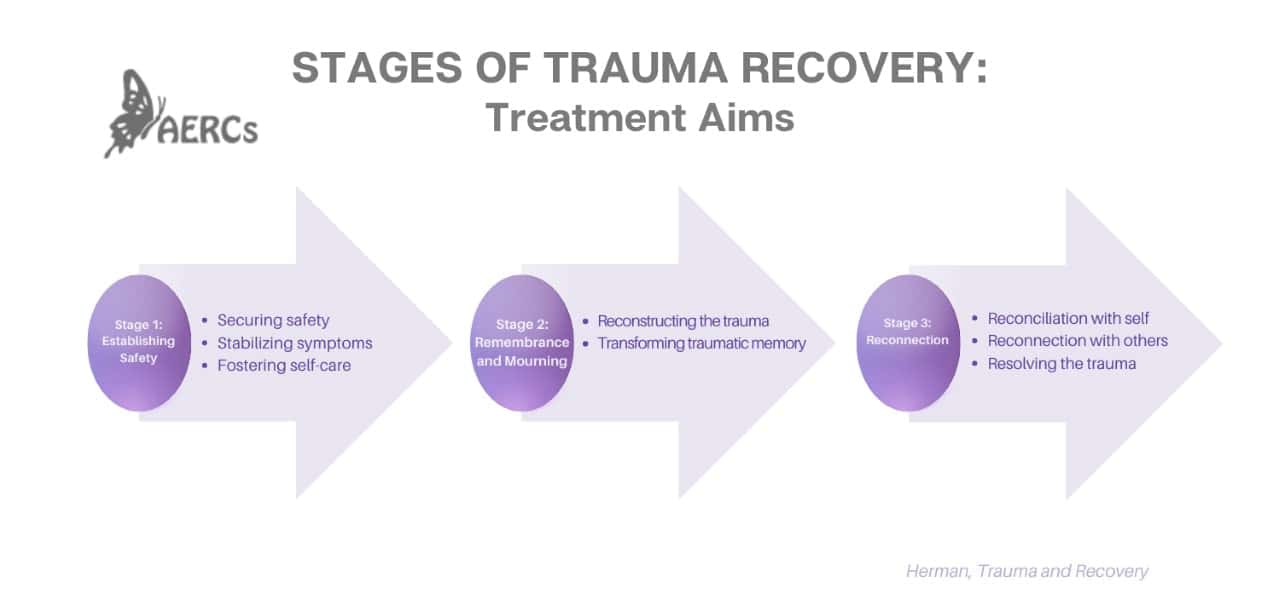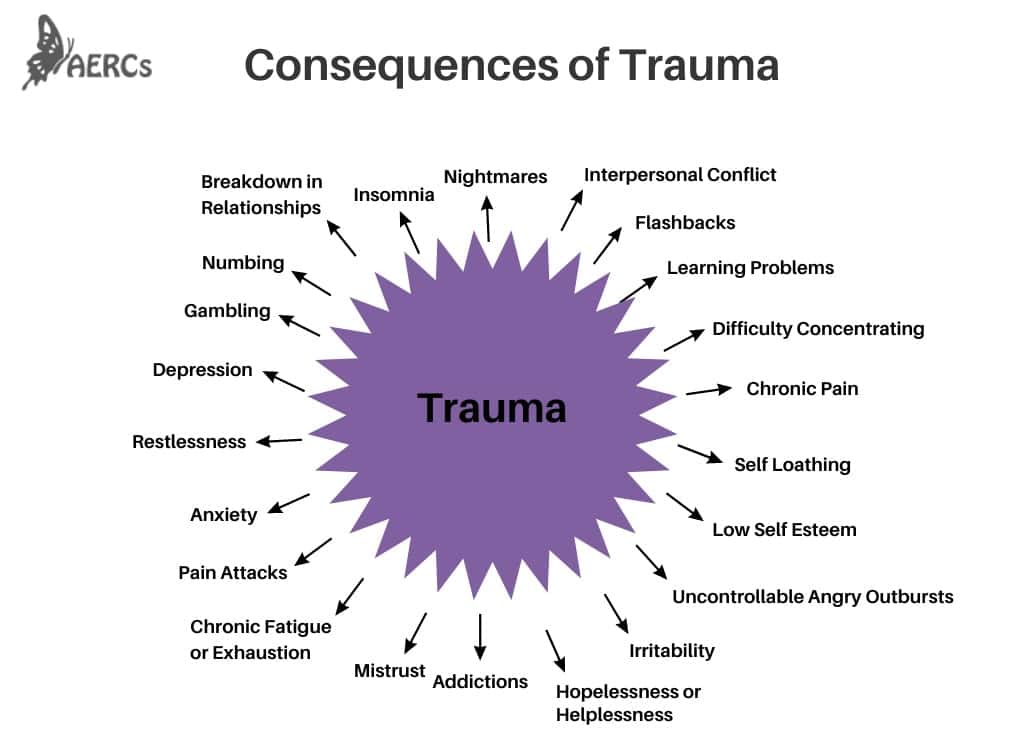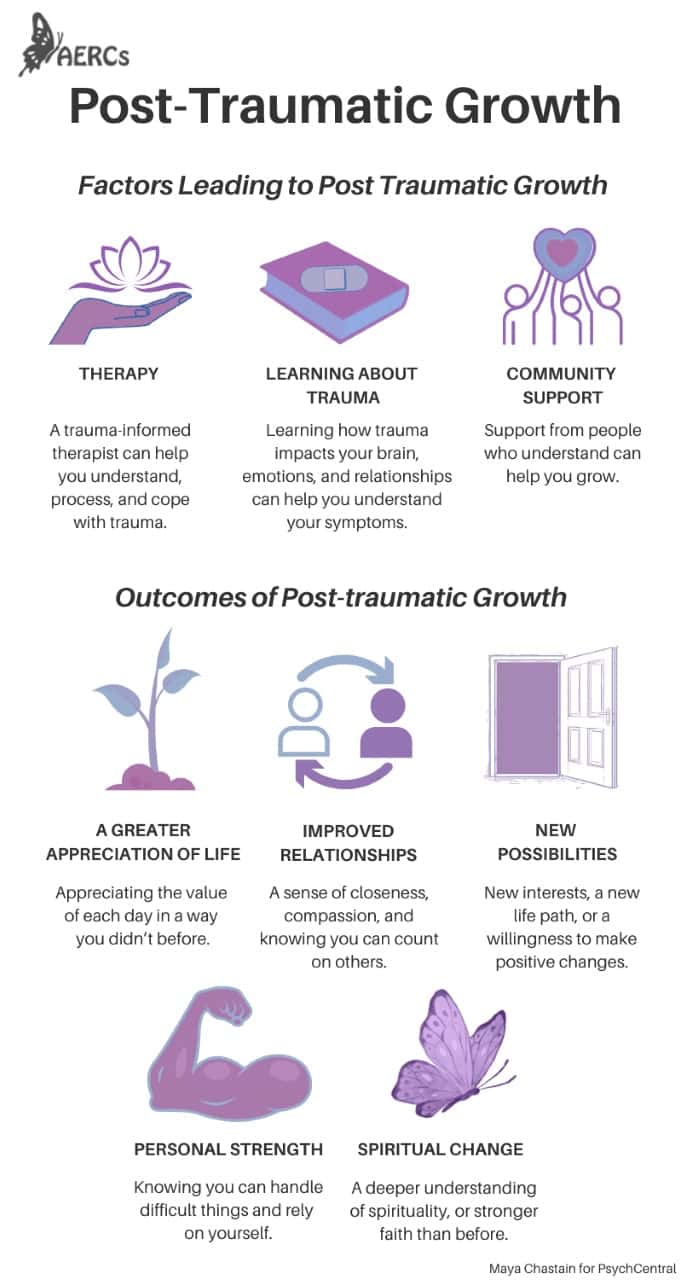Trauma-Informed Therapy
Trauma can deeply impacts your well-being. Our trauma-informed therapy helps you better cope with distressing emotions and events, offering a path to your healing and resilience.
Cope with Distress
Enhanced Trauma Understanding
Personalized Healing Path
Build Resilience
Unlock Hope and Healing with a Complimentary 20-Minute Phone Call Consultation
Are you ready to take the first step towards a brighter future? At AERCS, we're here to support you on your path to well-being. Our complimentary intake call is your opportunity to connect with us, confidentially share your journey, and discover the transformative support we offer. By taking this call, you're not just talking; you're taking control of your well-being, paving the way for tailored therapy that can change your life. Don't wait—book your call today and embrace the healing journey that awaits you.

AERCS’ certified counsellors help people address their trauma-informed therapy challenges.
AERCS’ staff includes registered counsellors, psychotherapists, and certified social workers, helping couples with:
- Differentiating trauma from PTSD
- Understanding physical or emotional harm from traumatic events
- Recognizing symptoms of PTSD
- Addressing flashbacks and nightmares
- Managing avoidance behaviors
- Coping with hypervigilance
- Addressing mood changes post-trauma
- Understanding the brain and nervous system changes due to trauma
- Recognizing varying severity and duration of trauma
- Building resilience in coping with traumatic aftermath
We also offer PTSD and trauma therapy for veterans and can offer direct billing through Veterans Affairs Canada (VAC).
No one should have to go it alone. Reach out today to start on your journey of healing.
Note: Trauma can make us feel stuck, lost, hopeless and alone. It can negatively impact day-to-day life and our most important relationships.
Our skilled team of therapists believe that no one should have to stay stuck in this dark place. We are committed to helping our clients find safety and healing through collaborative care and research-supported treatment approaches.
Symptoms of trauma include:
- Intrusive thoughts.
- Flashbacks/nightmares.
- Poor emotion regulation.
- Difficulty finding enjoyment in things.
- Substance abuse/numbing behaviours.
- Struggling to connect with others.
- Difficulty focusing.
- Difficulties with sleep and eating.
- Feeling on edge/defensive.
- Bodily tension.
How Does Trauma Therapy Work?
Our therapists start by creating safety with you and then work to help you build self-regulation, self-empowerment, and help you create new neural pathways to feel safe in the world once again.
We use evidence-based approaches including trauma informed care, Cognitive Processing Therapy, Dialectical Behaviour Therapy, Cognitive Behavioural Therapy, Emotional focus Therapy, Acceptance Commitment Therapy.
Trauma-focused therapy, or trauma-informed therapy care, or trauma therapy is a form of psychotherapy (talk therapy) designed to manage the impact of traumatic events on people’s lives.
Trauma-Informed therapy helps people process traumatic events and the lasting experience of trauma that may follow those events.
A traumatic event is any event in a person’s life that they experience as life-threatening, abusive, frightening, or dangerous.
A person can also be traumatized from simply witnessing traumatic events. Such events can permanently impact a person’s psychological and emotional functioning. Trauma-Informed therapy can help, reach out and book an appointment.

What is Trauma-Informed Therapy?
Trauma-Informed therapy is a type of therapy that helps individuals who have experienced a traumatic event or series of events to work through their emotional and psychological distress. Traumatic events can include physical, emotional, or sexual abuse, natural disasters, car accidents, war, or any other event that can cause overwhelming feelings of fear, helplessness, or horror.
Trauma-Informed therapy typically involves a combination of different techniques and approaches that are designed to help individuals process and integrate their traumatic experiences in a safe and supportive environment.
The goal of trauma-informed therapy is to help individuals reduce the symptoms of post-traumatic stress disorder (PTSD), such as anxiety, depression, flashbacks, nightmares, and feelings of detachment or numbness. Trauma therapy also aims to help individuals develop coping skills, improve their relationships, and regain a sense of control over their lives.



How can therapy help someone who has experienced trauma or has PTSD?
Trauma – Informed Therapy can be effective at helping someone who has experienced trauma or has PTSD. Below are several benefits…
Providing a safe and supportive environment.

Therapy provides a safe and supportive space for individuals to talk about their experiences and feelings. This can be especially important for individuals who may not have a support system in their personal lives.
Helping the sufferer create coping skills.
Therapy can help develop coping mechanisms to manage symptoms such as anxiety, depression, and hypervigilance. Coping skills may include relaxation techniques, mindfulness, and grounding exercises.
Processing traumatic memories.
Therapy can help individuals process traumatic memories and learn to manage the associated emotions. This may involve techniques such as exposure therapy, where individuals gradually confront the memories that are causing distress.
Improving relationships.
Trauma can impact an individual’s relationships with others. Therapy can help individuals learn to communicate effectively, set boundaries, and build healthy relationships.
Building resilience.
Therapy can help individuals build resilience and develop a sense of control over their lives. This can involve identifying strengths, setting goals, and developing a plan for the future.
Overall, therapy can help individuals with trauma or PTSD to regain a sense of safety and control over their lives, reduce distressing symptoms, and improve their overall well-being.


How do you address trauma in therapy?
The best way to address trauma is by talking about it. Patients hoping to get trauma therapy should seek a mental health counselor with trauma specific training and someone with whom they feel comfortable having long conversations. The most important thing about addressing trauma in therapy is discussing it openly and exploring all nuances. Processing trauma is messy because it means breaking free of the hold that trauma has on the self.
What is the difference between trauma and PTSD?

Trauma refers to any event or experience that causes physical or emotional harm, distress, or shock to an individual. Traumatic events can include natural disasters, accidents, abuse, violence, or any other event that is perceived as a threat to one’s physical or psychological well-being.
Post-traumatic stress disorder (PTSD) is a specific mental health condition that can develop after an individual experiences or witnesses a traumatic event. PTSD is characterized by symptoms such as flashbacks, nightmares, avoidance behaviors, hypervigilance, and mood changes that persist for more than a month and interfere with daily functioning.
In other words, PTSD is a type of mental health disorder that can occur as a result of trauma. Not everyone who experiences trauma will develop PTSD, but for some individuals, the trauma can be so overwhelming that it triggers changes in the brain and nervous system that lead to the development of PTSD.
It’s also worth noting that not all traumatic experiences are the same, and the severity and duration of trauma can vary widely. Additionally, different individuals may react differently to the same traumatic event, and some may be more resilient than others in coping with the aftermath of trauma.
How to heal from childhood trauma without therapy?
Anyone looking to overcome childhood trauma on their own needs to reconnect with their inner child and practice compassion. We can nurture ourselves in a way that helps our easily triggered and hurt self heal and grow. Healing is a long process and so the most important thing is to be kind to ourselves because healing is not a linear process.
How to talk about trauma in therapy?
A trauma-informed therapist senses when patients are ready to discuss their darkest memories and not hold back. The more that’s shared, the more that’s processed. Patients need to be sure they’re ready to discuss all details without feeling pressured. They should want to discuss these past events and how they feel about those happenings today. Ideally, their therapist is a trained professional who listens for clues to engender more discussions and hopefully evoke a positive after-thought worthy of yet more reflection.
Give Us a Call...
Get In touch.
Ask Any Question.
AERCs Orangeville Location
873209 5 Line E, Orangeville, ON L9W 6A4
AERCs Toronto Location
1849 Yonge St, Floor 1, Suite 914, Toronto, ON M4S 1Y2
AERCs Mississauga Location
89 Queensway W #226, Mississauga, ON L5B 2V2
AERCS Partners With...

